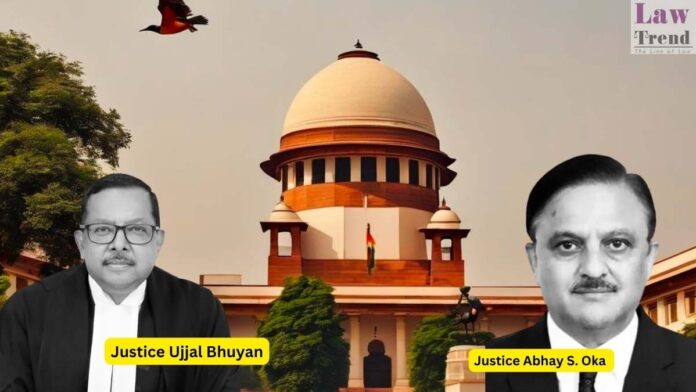In a pivotal ruling, the Supreme Court of India reaffirmed the limited scope of judicial interference under Section 37 of the Arbitration and Conciliation Act, 1996, while dismissing an appeal by C&C Constructions Ltd. against IRCON International Ltd.. The Court held that appellate courts cannot reassess the merits of an arbitral award but must only
To Read More Please Subscribe to VIP Membership for Unlimited Access to All the Articles, Download Available Copies of Judgments/Order, Acess to Central/State Bare Acts, Advertisement Free Content, Access to More than 4000 Legal Drafts( Readymade Editable Formats of Suits, Petitions, Writs, Legal Notices, Divorce Petitions, 138 Notices, Bail Applications etc.) in Hindi and English.




